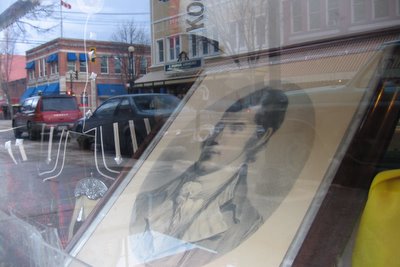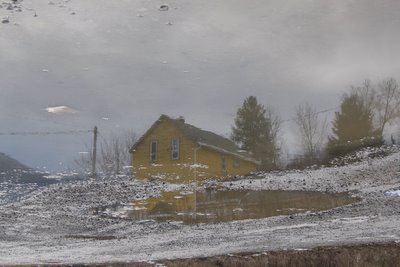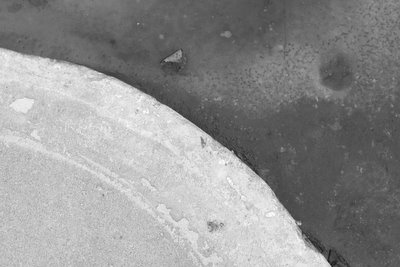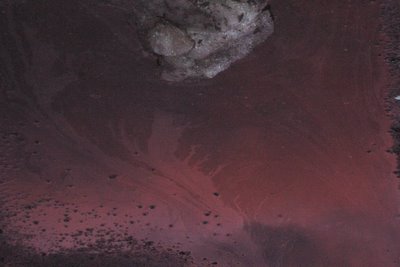"The best laid schemes o' Mice an' Men"

On the day Burns was buried, 25th of July 1796, his wife Jean was giving birth to the last of his children, Maxwell Burns.
"To A Mouse" is a Scots poem written by Robert Burns in 1785. It is from the last few stanzas that John Steinbeck's 1937 novel Of Mice and Men took its title.
To A Mouse
Wee, sleeket, cowran, tim'rous beastie,
O, what panic's in thy breastie!
Thou need na start awa sae hasty,
Wi' bickering brattle!
I wad be laith to rin an' chase thee,
Wi' murd'ring pattle!
I'm truly sorry Man's dominion
Has broken Nature's social union,
An' justifies that ill opinion,
Which makes thee startle,
At me, thy poor, earth-born companion,
An' fellow-mortal!
I doubt na, whyles, but thou may thieve;
What then? poor beastie, thou maun live!
A daimen-icker in a thrave
'S a sma' request:
I'll get a blessin wi' the lave,
An' never miss't!
Thy wee-bit housie, too, in ruin!
It's silly wa's the win's are strewin!
An' naething, now, to big a new ane,
O' foggage green!
An' bleak December's winds ensuin,
Baith snell an' keen!
Thou saw the fields laid bare an' wast,
An' weary Winter comin fast,
An' cozie here, beneath the blast,
Thou thought to dwell,
Till crash! the cruel coulter past
Out thro' thy cell.
That wee-bit heap o' leaves an' stibble,
Has cost thee monie a weary nibble!
Now thou's turn'd out, for a' thy trouble,
But house or hald.
To thole the Winter's sleety dribble,
An' cranreuch cauld!
But Mousie, thou are no thy-lane,
In proving foresight may be vain:
The best laid schemes o' Mice an' Men,
Gang aft agley,
An' lea'e us nought but grief an' pain,
For promis'd joy!
Still, thou art blest, compar'd wi' me!
The present only toucheth thee:
But Och! I backward cast my e'e,
On prospects drear!
An' forward, tho' I canna see,
I guess an' fear!
_______________________
Comments
The poem is written in his typical "broad scots" and deals with a field mouse whose nest the speaker apparently destroyed when plowing a field. The speaker sees the mouse scuttling out of its nest, cowering and shivering in terror (and cold? It is mid-winter after all) in front of him. He begins by lamenting that the mouse is suffering because of the his actions, and then reassures it that it only has to fear the present, whereas the speaker himself has had a dreary past, and "guesses and fears" his unseen but easily-guessed future.
Nothing at all would have differentiated this poem from the millions of sentimental and tear-jerking verses churned out by assorted poets (and ridiculed by several others) - but for the fact that Burns seems to have opened his heart to the mouse, and speaks to it as if he's trying to cheer up an old friend who has somehow fallen upon hard times.
Before the first line of verse, Burns sets forth the occasion for "To a Mouse." Maintaining his poetical persona as plowman poet, he explains that the occasion for this poem was his destruction, unawares, of a mouse's nest as he pursued his winter plowing.
The technical aspects of the fifth stanza are also remarkable as Burns lulls the reader through the fourth line with a series of iambs only to shift the metrical stress (with a spondee) and mimic the crashing of coulter into nest.
Glossary
bickering brattle=hurrying scamper
pattle=plowshare
A daimen icker in a thrave=An occasional ear in twenty-four sheaves of grain
big=build
snell=bitter
But house or hald=Without house or home,
thole=bear
cranreuch cauld=hoar-frost
thy lane=thyself alone
a-gley=amiss
_____________________

Incomplete like words that somehow fail to define the object in question with enough clarity to make the purpose comprehensible, this chosen for its colour representation of the place where dreams are housed is indistinct and unattainable.

If the corona of the planet curb were able to push planet stones away with the formation of ice as a barrier then the universe might change the way we see it.

Planned obsolescence keeps the business afloat like carefully placed line draw the eye to the subject posed for a place to put focus after the lines have run out and all the toys have broke.

A break in the gray only seems to come at the end of the day when it's too late for the sun to make much of a difference except in rich pastel exit strokes.

Dangling like crystals in an auburn sky alive with flowing threads of colour one upside down pile of snow reflected and flipped at sunset can change perspective to the abstract and alter meaning to suit the whim of the viewer.
0 Comments:
Post a Comment
<< Home